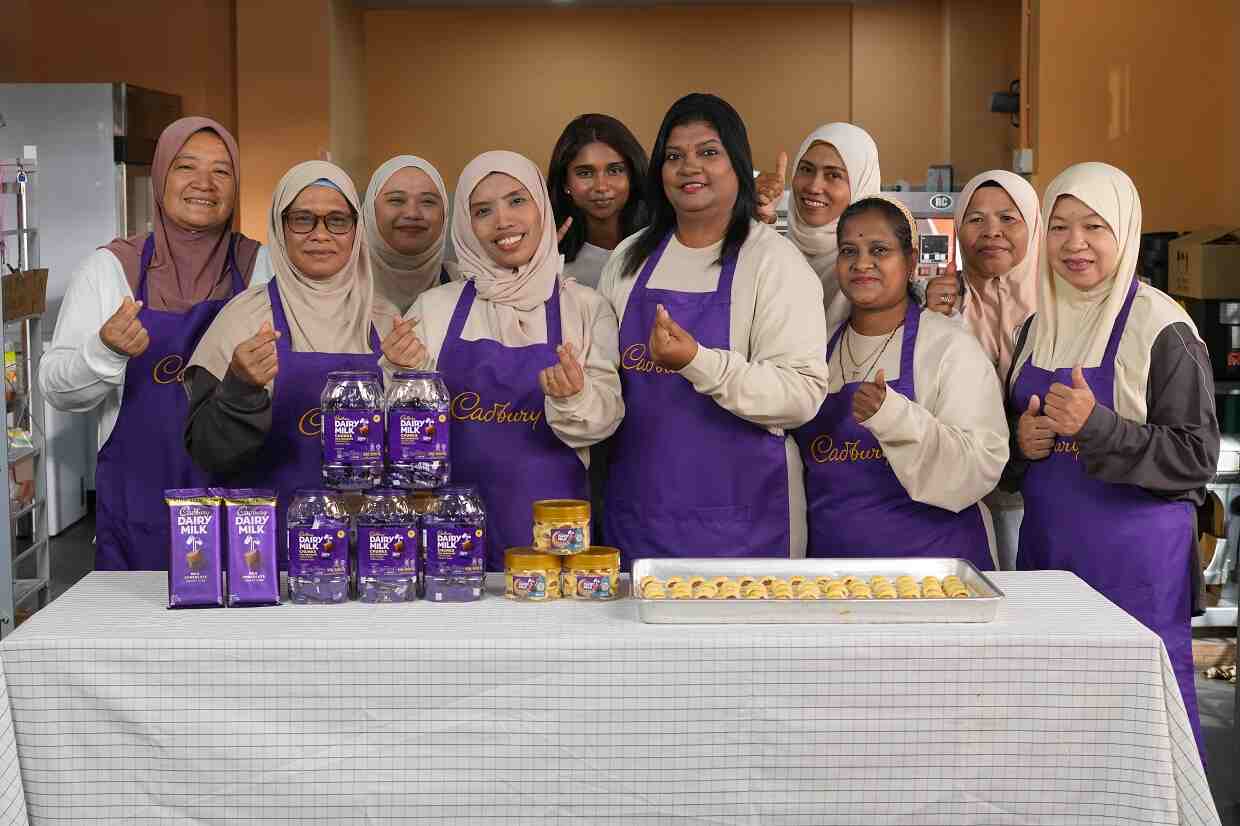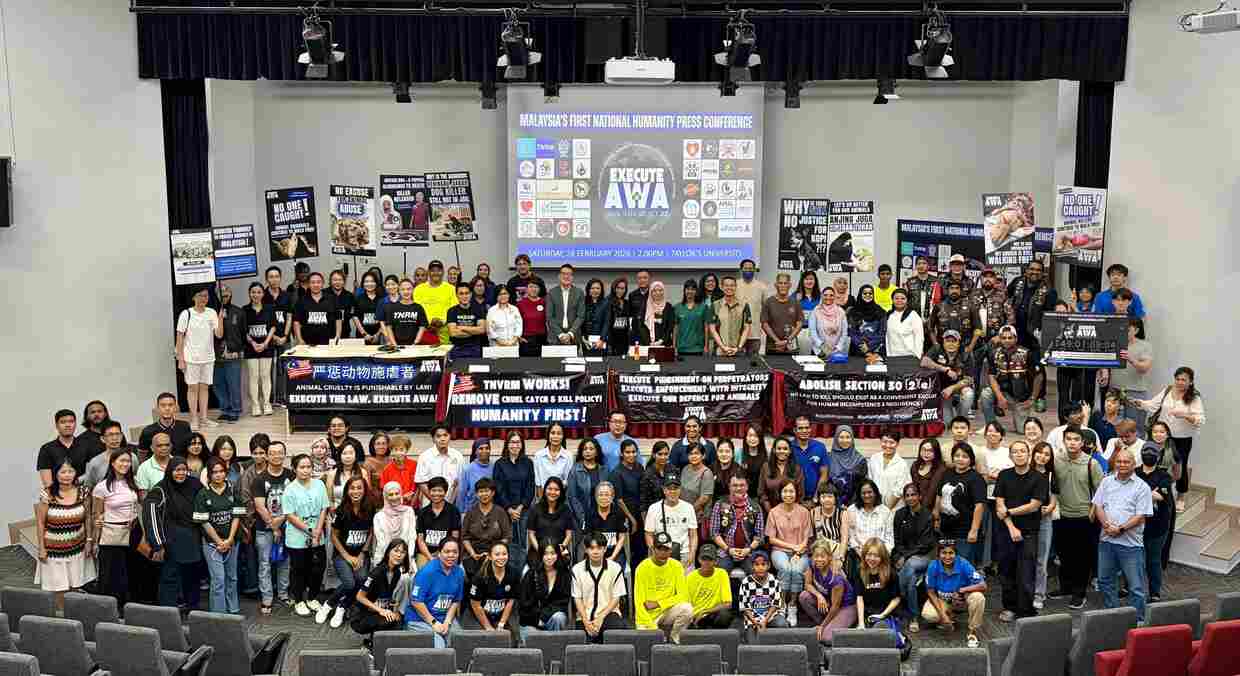By Lim Chee Wee, President, Malaysian Bar
The Malaysian Bar cautiously welcomes the announcement earlier this week of the formation of a “Jawatankuasa Pendengaran” (“the committee”) to resolve the controversy surrounding the raid undertaken by the Selangor Islamic Religious Department (“JAIS”) on a multi-faith community thanksgiving event held at Damansara Utama Methodist Church (“DUMC”) in Petaling Jaya, Selangor, recently.
According to media reports, the committee will be headed by the Menteri Besar of Selangor, with the Mufti of Selangor and his deputy as members.
The formation of the committee is timely, given the unauthorised publication by certain print media of the personal details of the 12 Muslims who attended the multi-faith thanksgiving event, and who are now the subject of investigations by JAIS for having possibly committed offences against the religion of Islam.
Further, a draft preliminary report of the investigations, and a video showing officers of JAIS questioning organisers of the event and of them entering the function room, have also been leaked and shown on various blogs.
While JAIS’s investigations are still ongoing, and thus not yet the subject of a report to the Sultan of Selangor and the Menteri Besar, nevertheless how such material came to be made publicly available must also be probed, as it represents an unacceptable breach of security and the confidentiality of an ongoing investigation.
It has also exposed the 12 individuals to unwarranted and unwelcomed scrutiny, in total breach of their right to privacy. This would be a critical element of the work of the committee.
While it is perhaps too early to pinpoint the source of the leak, the fact that the information has been disclosed in such a manner suggests that the investigations have been critically compromised and the information used for partisan political purposes.
This is wholly unprofessional and unethical behaviour, and cannot for a moment be tolerated by right-thinking people.
We hope that the committee will also resolve the issue of the proper jurisdiction of JAIS, which, in show-cause letters issued to the 12 individuals and to DUMC, purportedly relied on provisions in non Syariah-based enactments to justify its entry into DUMC’s premises.
This raises serious questions whether JAIS over-reached itself and exceeded the extent of its authority, and whether its act of incursion into DUMC lacked proper legal foundation.
Ideally, membership of the committee should also be extended to include representatives of non-Muslim religions in Selangor, since it attempts to resolve a matter that involves the interplay between two religions and the issues that can arise from it. Such problems require broad inclusivity and wide consultation.
Ultimately, this issue raises serious questions about administrative fairness, bureaucratic neutrality and proper procedures. Justice must not only be done, but must be seen to be done, in order to assuage the reasonable concerns of the public with respect to freedom of assembly and freedom of religion in Malaysia.












